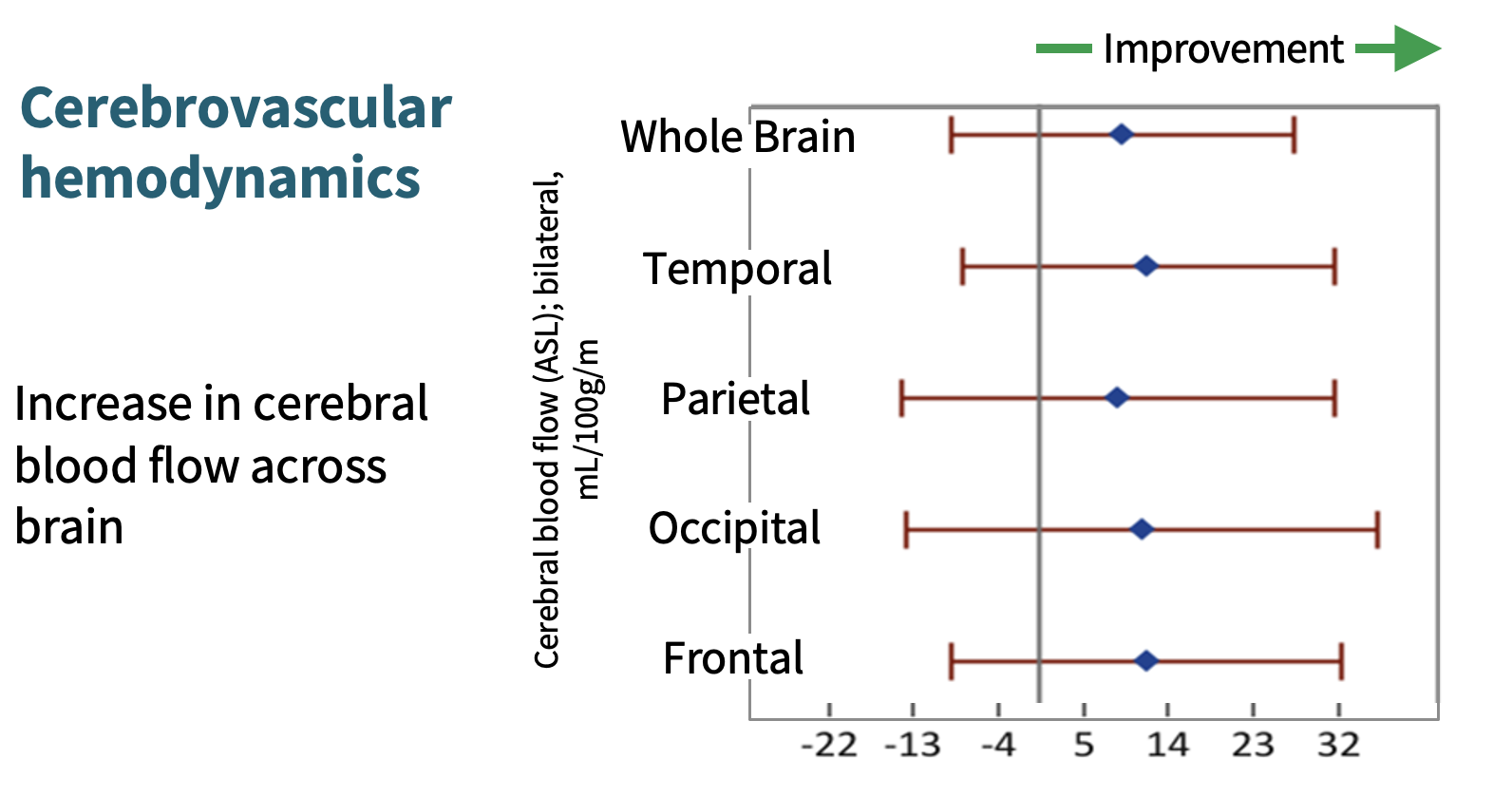
Our Science
We’re addressing a multi-faceted disease with a multi-faceted mechanism of action.

Zagociguat
Zagociguat is an oral, once-daily investigational medicine being developed for the treatment of mitochondrial diseases, beginning with MELAS.
MELAS, like all primary mitochondrial diseases, is caused by a genetic mutation that leads to dysfunctional mitochondria.
Mitochondria, known as the “powerhouses of the cell,” are found in virtually every cell in every tissue of the body. Healthy mitochondria produce energy in the form of ATP adenosine triphosphate to power the cellular mechanisms that support physiological function – like neuronal function and blood flow. As part of a system of cellular mechanisms, mitochondria not only power the needs of the body at rest but also respond to on-demand needs – for example, when recalling a name or climbing stairs.
In MELAS, dysfunctional mitochondria lead to imbalanced and dysregulated cellular mechanisms and impaired physiological function. Without the ability to adequately respond to energy demands, MELAS manifests in a complex array of symptoms, particularly associated with organs that have high energy demands such as brain and muscle.
Zagociguat stimulates an enzyme known as soluble guanylate cyclase (sGC). Just like mitochondria, sGC is:
Found in virtually every cell in every tissue of the body
Part of a system of cellular mechanisms that control critical physiological functions – including neuronal function and blood flow
As an sGC stimulator, zagociguat is hypothesized to rebalance dysregulated cellular pathways in MELAS. By restoring cellular functions that support mitochondria, zagociguat is also able to help restore mitochondrial energy production and physiological function. In this way, zagociguat may be able to address a myriad of MELAS symptoms, including cognitive impairment and fatigue – the symptoms that patients indicated matter most and have the greatest impact on their daily lives.
Brain
Metabolic strokes, epilepsy, encephalopathy, contributing to dementia/cognitive slowing
Muscle
Myopathy, weakness, and exercise intolerance contributing to chronic fatigue
Zagociguat has tremendous potential in mitochondrial diseases, and we are laser-focused on MELAS. In the future, we expect to expand our clinical development program to additional mitochondrial diseases.
Potential of Zagociguat Supported by Phase 2a Clinical Study in MELAS
In a Phase 2a open-label study in 8 participants with MELAS, after 29-day treatment, zagociguat exhibited a favorable safety profile, exposure throughout the body including in the central nervous system, and improvements across aspects of MELAS including neuronal function, mitochondrial function, and blood flow in the brain.
Improvements in key domains of disease pathophysiology observed in MELAS patients treated with zagociguat
Data displayed as mean change from baseline and 90% confidence interval; BOLD, blood oxygen level dependent; FGF-21, fibroblast growth factor 21; GDF-15, growth differentiation factor 15; MELAS, mitochondrial encephalomyopathy lactic acidosis and stroke-like episodes





